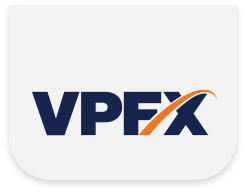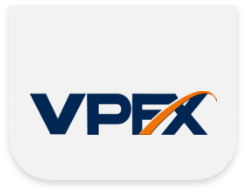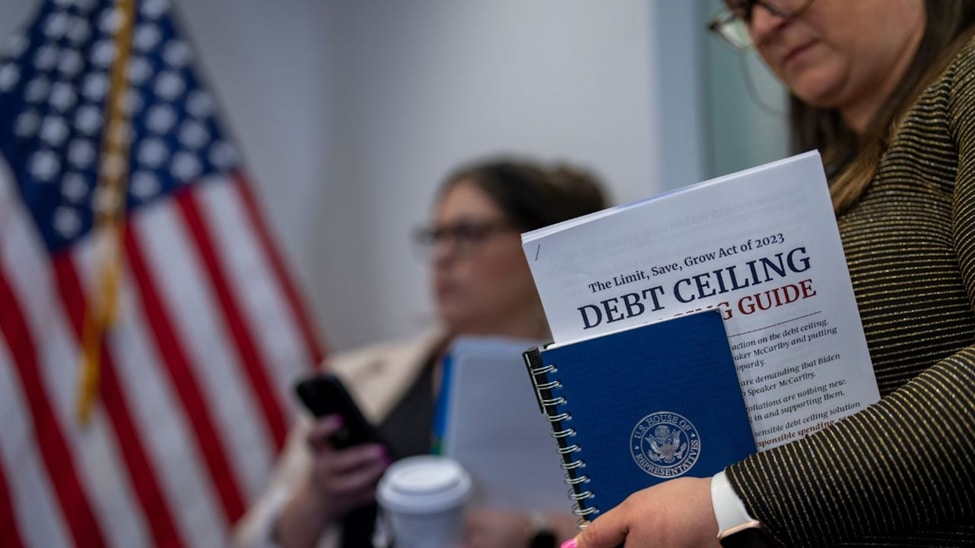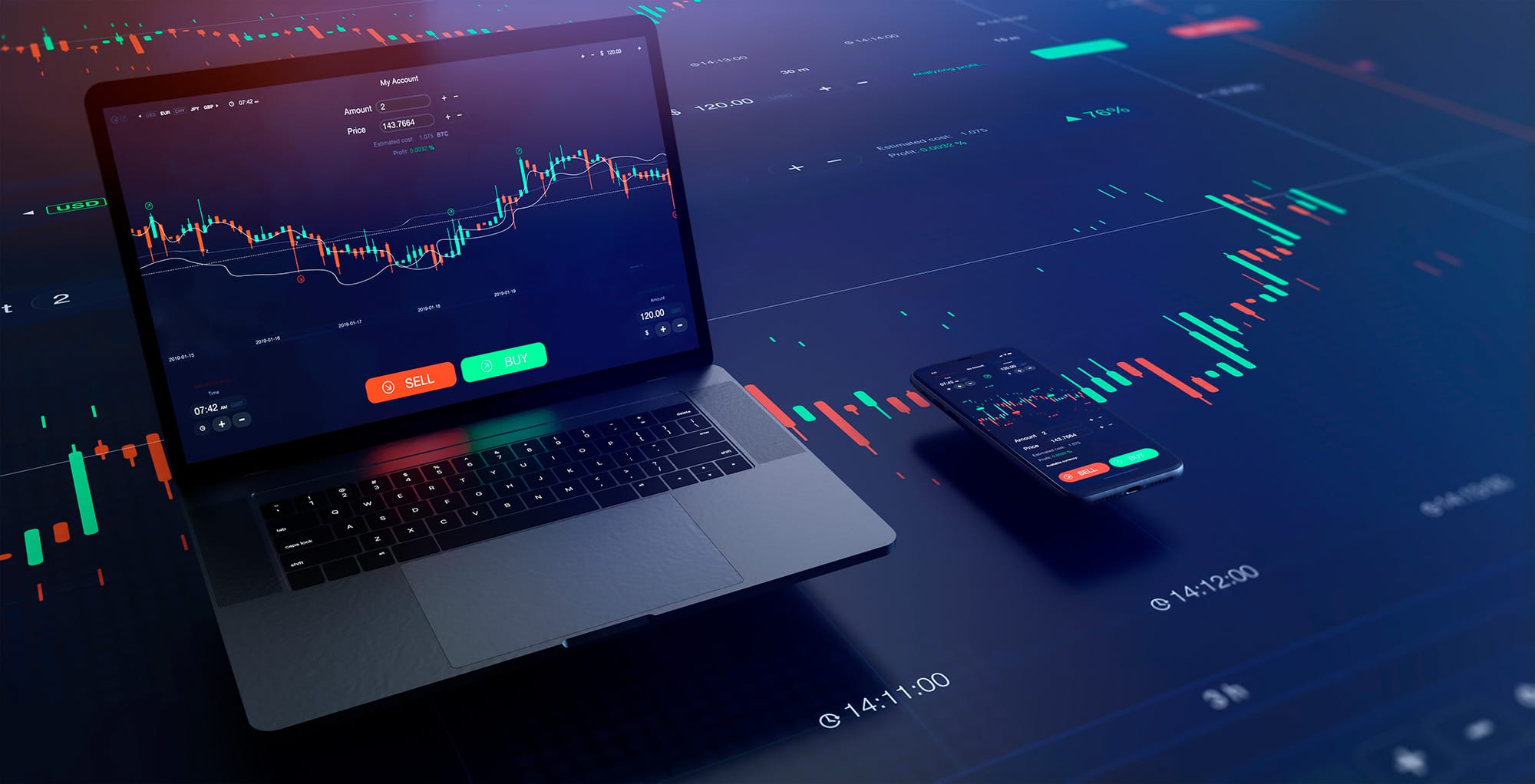A. Who are Forex Brokers?
- Forex markets had a daily turnover of $6.6 trillion dollars in 2019, up from $5.1 trillion
in 2016.The total value of the forex industry increased from $1.934 quadrillion dollars
in 2016 to $2.409 in 2019.The forex market comprises over 170 different currencies.
The United States Dollar (USD) is on one side of 88% of all forex trades. Seven currency
pairs make up 68% of the forex markets’ trading volume. Female forex traders tend to
outperform male traders by 1.8%. 54% of retail traders use MetaTrader 4 or MetaTrader
B. The worldwide 2022 forex market is worth $2,409,000,000 ($2.409 quadrillion).
- Not surprisingly, spot forex is the most popular asset class with $2 trillion worth of spot
transactions traded daily in foreign exchange markets. After spot fx, the instruments
with the largest daily turnover are:
24 www.bullbellacademy.com Comprehensive Forex Course
- As the largest financial market in the world, forex market participants are mainly financial
institutions such as hedge funds, investment managers, multinational corporations, as
well as commercial, investment and central banks. Retail forex trading only accounts for
a mere 5.5% of the entire forex market globally.
- The majority of forex trading is facilitated in five major financial hubs around the world,
- With 79% of forex trading occurring in the United Kingdom, United States, Hong Kong,
Singapore, and Japan. The UK is by far the largest fx trading center, contributing to 43.1%
of the world’s foreign exchange turnover. With the recent rise in the popularity of Forex
trading in Asia, China has increased from the 13th to the 8th largest forex trading center
in the world. We have a further 2022 analysis of the popularity of forex trading by country.
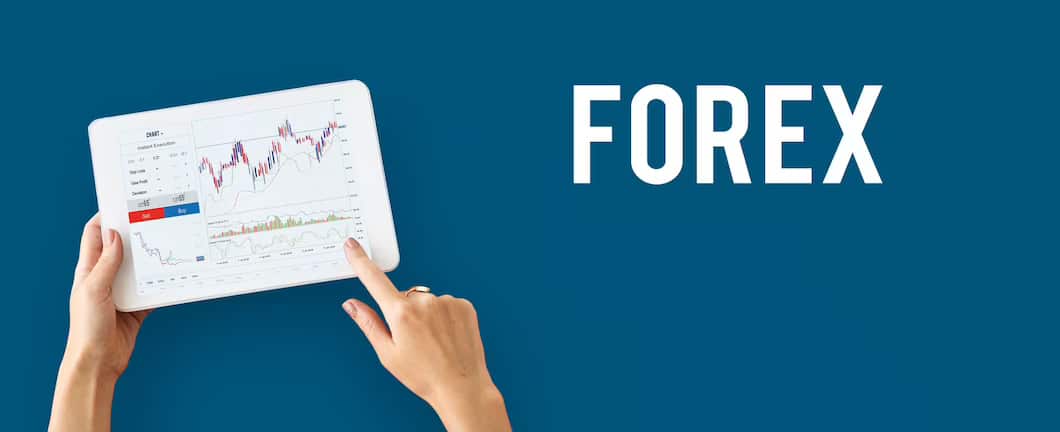
Largest Forex Trading
Centres (2019) COUNTRY SHARE OF GLOBAL OTC
FOREX TURNOVER
1 United Kingdom 43.1%
2 United States 16.5%
3 Singapore 7.6%
4 Hong Kong 7.6%
5 Japan 4.5%
6 Switzerland 3.3%
7 France 2%
8 China 1.6%
9 Germany 1.5%
10 Australia 1.4%
Forwards $1 trillion
Foreign Exchange Swaps $3.2 trillion
Currency Swaps $108 billion
Options and others $294 billion
Comprehensive Forex Course www.bullbellacademy.com 25
C. The Role of a Forex Broker
- Most foreign exchange transactions are between pairs of the currencies of the 10 nations
that make up the G10. The nations and their currencies include the U.S. dollar (USD),
the Euro (EUR), the pound sterling (GBP), the Japanese yen (JPY), the Australian dollar
(AUD), the New Zealand dollar (NZD), the Canadian dollar (CAD), and the Swiss franc
(CHF).
D. How Forex Brokers Make Money
- Forex brokers are compensated two ways. The first is through the bid-ask spread of a
currency pair.
- For example, when the Euro-U.S. Dollar pair is priced as 1.20010 bid and 1.20022 ask,
the spread between these two prices is .00012, known as 1.2 pips. When a retail client
opens a position at the ask price and later closes it at the bid price, the forex broker will
collect that spread amount.
- Secondly, some brokers charge additional fees. Some charge a fee per transaction or a
monthly fee for access to a particular software interface or fees for access to special
trading products such as exotic options.
- The forex industry is regulated by the Commodity Futures Trading Commission and the
National Futures Association.
- Competition among forex brokers is currently intense and most firms find they must
eliminate as many fees as possible in order to attract retail customers. Many now offer
free or very small trading fees beyond the spread.
- Some forex brokers also make money through their own trading operations. This can be
problematic if their trading creates a conflict of interest with their customers. Regulation
has curtailed this practice.
- The industry is regulated by the Commodity Futures Trading Commission (CFTC) and the
National Futures Association (NFA).
E. What are CFD Brokers?
- As mentioned above, CFD brokers serve as intermediaries between traders and the
financial market. Clients get access to financial markets through trading platforms,
provided by the brokers. Trading terminals are equipped with trading instruments and
technical analysis tools that are the necessary tools in trading.
26 www.bullbellacademy.com Comprehensive Forex Course
- CFD brokers vary by the provided services, trading instruments and trading conditions.
Investors choose the one that corresponds to their trading expectations and preferences.
To check the reliability of the broker is done through opening a real account, investing a
small amount of money, and starting trading.
- Currently there are a large number of brokers, providing quite similar trading conditions
with a wide range of financial instrument, and orienting in such diverse market has become
much more difficult. However, after experiencing the provided services it becomes easy
to understand whether the company is worth for long-term working.
F. What are CFD Brokers? What Do They Offer?
- It is the duty of each CFD broker to define contract terms, margin requirements and the
underlying instruments of trading. CFD trading includes different types of instruments –
stocks, indices, and commodities. The growing popularity surely makes brokers develop
new trading conditions to attract more clients and be somehow different among so many
competitors.
- The most important thing is that it is possible to trade continuous CFD on commodities
and indices without an expiration date that was developed by the company to make
trading process more comfortable.
